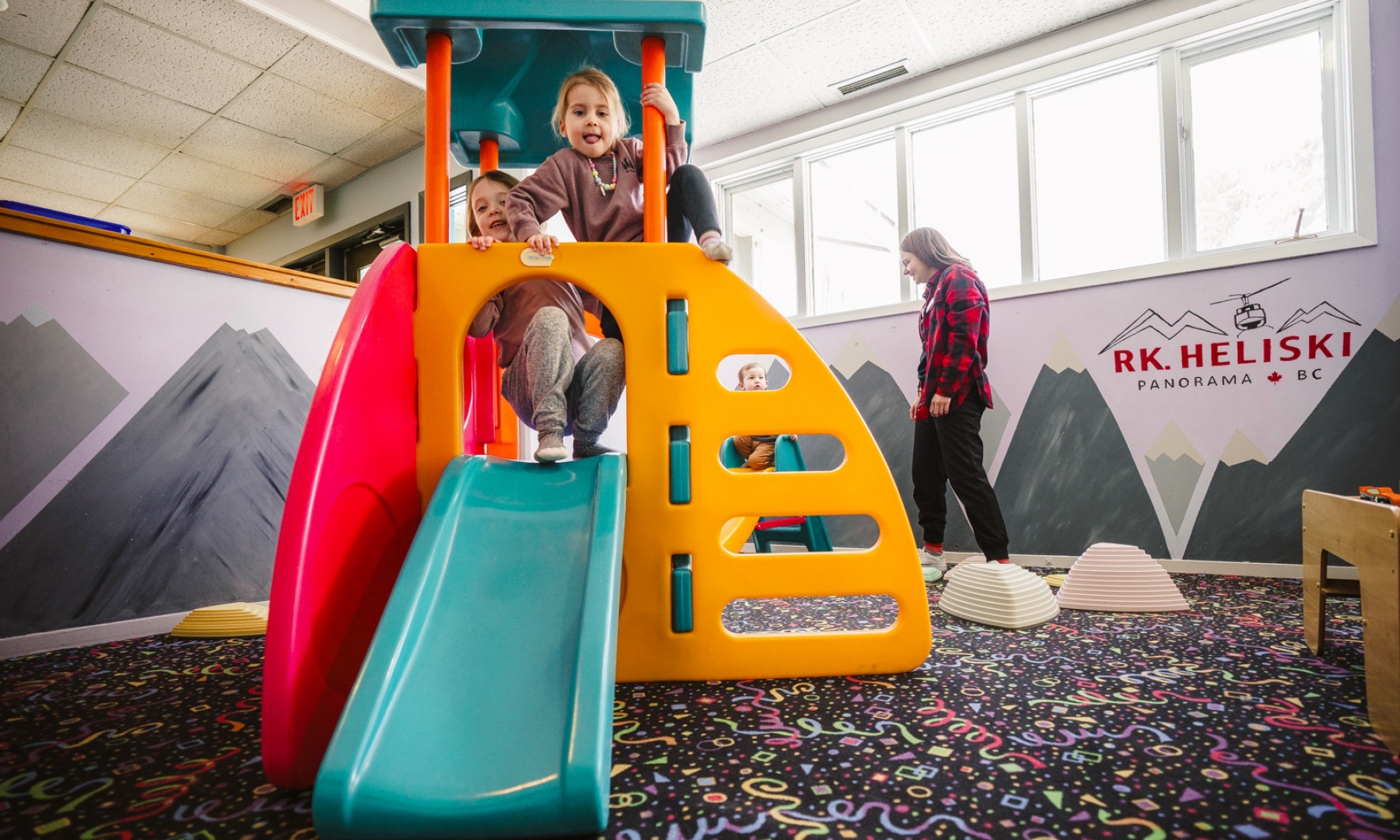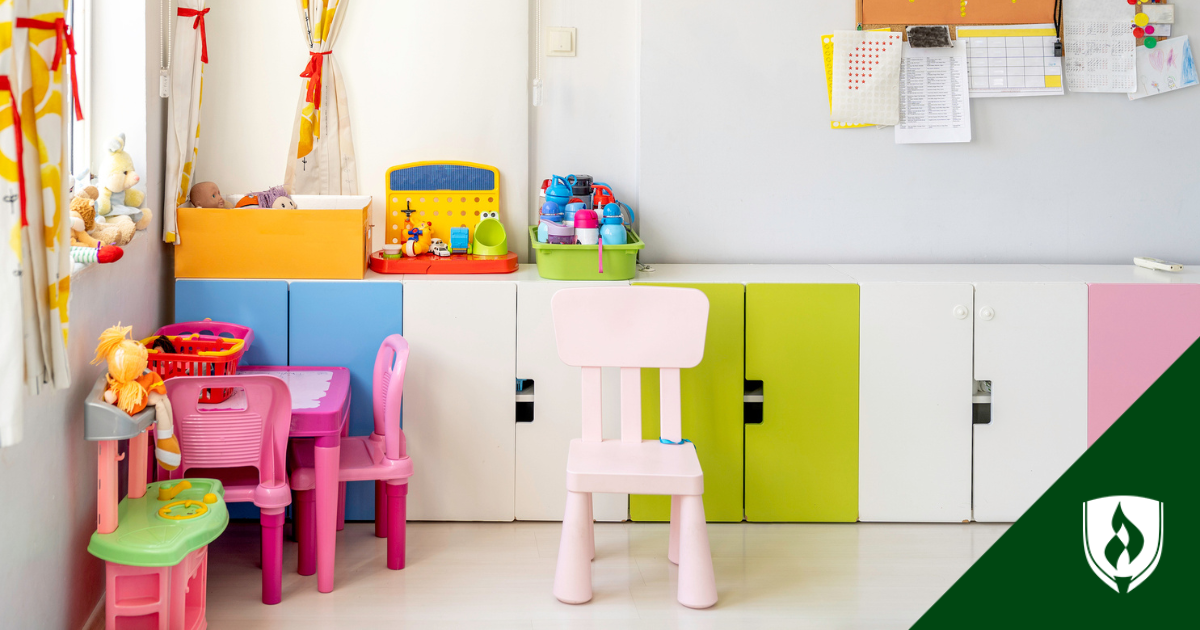Comprehending the Value of Day Care for Your Kid's Social Advancement and Knowing Experiences Through Involving Tasks
The value of daycare in forming a kid's social growth and understanding can not be overemphasized, as it offers a structured environment loaded with appealing activities that are crucial for early development. These experiences not just enhance social interaction but also serve as a crucial system for developing communication skills, psychological policy, and durability. Comprehending exactly how these aspects interconnect can supply understanding right into cultivating freedom and self-confidence in little ones. As we discover the multifaceted benefits of day care, one have to take into consideration how these fundamental experiences influence a child's future social interactions and overall growth.

Advantages of Social Interaction
Social interaction plays a vital duty in the developmental trajectory of young children, working as a foundation for crucial social abilities. Involving with peers enables toddlers to exercise communication, discover to express their feelings, and establish empathy. Via shared play and teamwork, they begin to comprehend social norms, such as taking turns and sharing, which are crucial elements of successful interpersonal relationships.
In addition, social interactions add to cognitive advancement. As young children connect with their peers, they improve their language skills, increase their vocabulary, and enhance their capacity to verbalize thoughts and sensations. This exchange of concepts promotes vital thinking, as children find out to discuss, resolve problems, and browse disputes.
Additionally, social communication advertises psychological policy. Exposure to various social scenarios aids kids identify and handle their emotions, inevitably bring about higher strength and flexibility. The capability to form friendships and add-ons also improves their feeling of belonging and self-esteem, which are important for overall wellness.
Relevance of Engaging Activities
Involving activities are essential for cultivating a stimulating environment that boosts toddlers' social development. These activities not just mesmerize young youngsters's attention however likewise advertise active involvement, enabling them to explore their environments artistically. Via play-based knowing, kids create important skills such as analytic, cooperation, and empathy, every one of which are critical for developing healthy connections with peers.
Taking part in appealing activities, such as group video games, art tasks, and interactive storytelling, motivates kids to express their ideas and sensations. This expression is crucial for emotional intelligence and aids them understand the perspectives of others. In addition, when kids engage in these tasks together, they find out to work out roles, share resources, and work together, which are basic aspects of social communication.
Additionally, a well-structured atmosphere that consists of varied and revitalizing tasks aids in keeping young children encouraged and concentrated. This motivation promotes a love for learning and expedition, laying the structure for future educational experiences. Inevitably, involving activities in day care settings are essential fit social abilities, preparing toddlers for successful communications beyond the classroom, and nurturing their overall advancement throughout these developmental years.
Developing Interaction Abilities
Effective communication abilities are important for toddlers as they navigate their very early social communications. In a day care setup, youngsters are exposed to varied social scenarios that urge non-verbal and verbal communication. Talking with caregivers and peers cultivates language development, making it possible for young children to express their needs, feelings, and thoughts extra effectively.

In addition, daycare atmospheres check my site give opportunities for kids to observe and simulate communication styles of their peers and adults. This empirical knowing is vital as youngsters detect social cues, tone, and body language, which are crucial parts of efficient communication.
Cultivating Freedom and Confidence
As young children improve their communication abilities, look at these guys they simultaneously begin to explore their independence and build confidence in social setups (daycare near me for infants). Day care gives a structured atmosphere where kids can engage in various tasks that motivate freedom. From choosing their own activities to taking part in group tasks, these experiences equip kids to make choices and reveal themselves
In a daycare setup, kids are typically presented with possibilities to address problems individually, whether it's identifying how to share toys or resolving conflicts with peers. This promotes crucial reasoning and promotes self-reliance. In addition, caretakers support this development by supplying positive reinforcement and advice, assisting children to browse social communications with self-confidence.

Team tasks, such as participating games or collective art projects, promote synergy and educate kids the value of working with each other. Through these interactions, kids find out to communicate their feelings and thoughts, further improving their self-worth and social skills.
Eventually, fostering independence and self-confidence in daycare not only prepares young children for future social atmospheres but likewise prepares for a resistant frame of mind, equipping them with essential life abilities as they proceed to grow and find out.
Building Lifelong Discovering Foundations
A solid foundation for lifelong knowing is essential for young children, as their very early experiences form their perspectives in the you could check here direction of education and learning and interest. Day care environments play an essential duty in this developing phase by providing structured chances for expedition and engagement. Involving tasks, such as group play, crafts and arts, and interactive narration, promote cognitive development while encouraging social interaction.
Through these experiences, toddlers discover essential abilities such as analytical, interaction, and teamwork. They are presented to the idea of finding out as an enjoyable, collaborative process rather than a chore, which fosters a favorable perspective in the direction of education and learning. Furthermore, exposure to diverse viewpoints and peer interactions in day care settings boosts psychological intelligence, advertising compassion and strength.
Caregivers and educators additionally add dramatically to building this foundation by modeling curiosity and interest for understanding. By urging questions and facilitating discussions, they develop an environment where children feel secure to share themselves and check out originalities. Ultimately, the mix of helpful connections and engaging tasks in daycare settings lays the groundwork for a lifelong love of learning, equipping toddlers with the skills and state of mind required for future academic and personal success.
Conclusion

The importance of daycare in shaping a young child's social growth and learning can not be overemphasized, as it provides a structured environment filled with appealing tasks that are essential for very early growth.Social interaction plays an essential role in the developmental trajectory of toddlers, serving as a foundation for essential social abilities. When young children engage in these tasks with each other, they find out to discuss roles, share sources, and team up, which are essential elements of social communication.
Ultimately, involving activities in day care settings are pivotal in shaping social abilities, preparing kids for effective communications past the classroom, and nurturing their overall growth throughout these developmental years.
Eventually, the advantages of interesting tasks in daycare setups play a significant function in preparing kids for future social interactions and challenges. baby daycare near me.